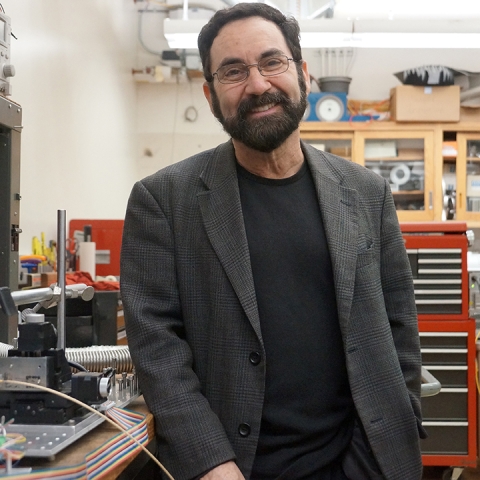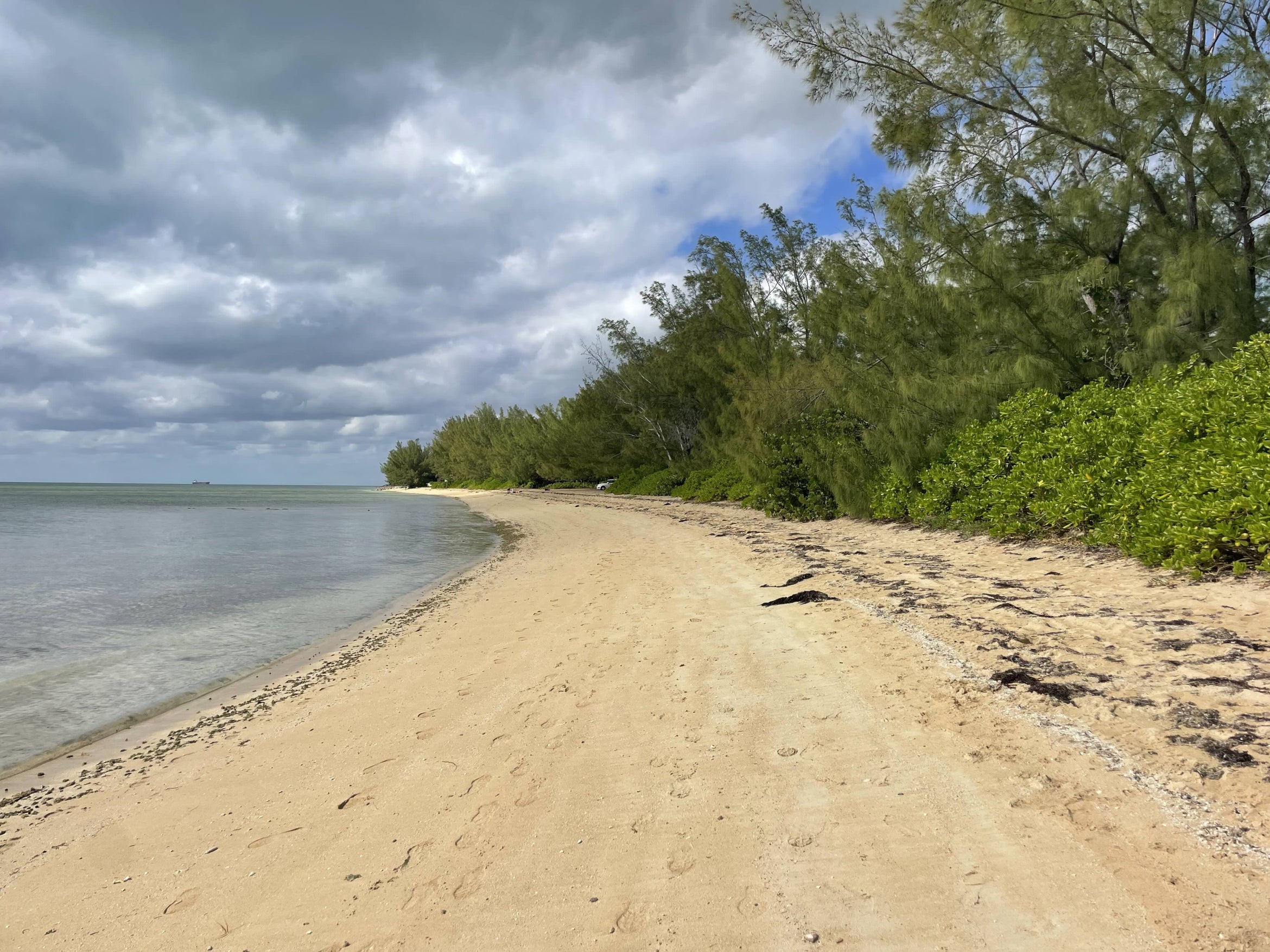Planetary defense project selected for NASA Innovative Advanced Concepts program

Physics professor Philip Lubin is one of six research fellows selected by NASA to receive a $600,000 two-year grant as part of Phase II funding in the NASA Innovative Advanced Concepts (NIAC) program. He and the others selected have been awarded the funds to develop their space-oriented concepts — futuristic projects designed to share air and space travel, decades in the future.
Lubin was selected for his PI (Pulverize It) project, a planetary defense concept that according to NASA “could provide Earth with a rapid-response capability to mitigate a disastrous impact from an asteroid or comet by pulverizing the object into pieces small enough to burn in the Earth’s atmosphere.” By deploying penetrator rods to intercept the incoming space rock, the aim is to break it up before it hits the Earth and avoid cataclysmic damage.
“NASA’s story is one of barriers broken and technologies transformed to support our missions and benefit all of humanity,” said NASA Administrator Bill Nelson. “The concepts selected under NASA’s Innovative Advanced Concepts program will help empower researchers to usher in new technologies that could revolutionize exploration in the heavens and improve daily life here on Earth.”
Other projects selected for the award include a dynamically tunable quantum radar technology to improve remote sensing studies of Earth and other worlds; nearly silent electroaerodynamic thrusters for vertical takeoff and landing aircraft for transportation; using nuclear decay of radioactive material in a radioisotope electric propulsion system to propel spacecraft at extremely high speeds; a massive radio telescope array on the Moon’s surface; and the use of bacteria to create medical drugs on demand during extended spaceflight missions.
You can check out the webpage for the Pulverize It project, and follow UCSB's Experimental Cosmology Group's YouTube page.
Sonia Fernandez
Senior Science Writer
(805) 893-4765
sonia.fernandez@ucsb.edu




